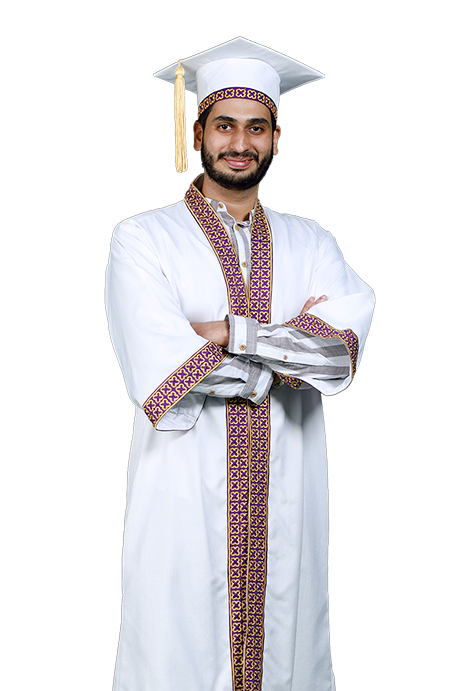
SHAHWAIZ GILANI
Aspiration Statement
For my career, I am inclined towards research and development. I also want to pursue my masters in development studies, specifically related to economics and education sectors. My other passions include studying about Business Administration.
Core Skills
- Qualitative Research Skills
- Creative Thinking Tools (SCAMPER, TRIZ, and Morphological Analysis)
- Quantitative Research Skills (Stata)
- QGIS
Academic Awards / Achievements
- President's List, 2021
- Dean's List, Fall 2020
- President's List, 2019
- Dean's List, Fall 2021
- Dean's List, Fall 2019
Experience
Leadership / Meta-curricular
- Higher Teacher Education Program
- Treasurer, Sustainability Club
Internship / Volunteer Work
- Administrative Officer - Winning Autos (May 2022 - Present)
- Research Analyst - EdAcumen (May 2021 - August 2021)
- Research Intern - Green Pakistan Coalition (February 2021 - May 2021)
- Design Research Facilitator - Habib University (October 2020 - December 2020)
- English Learning Coach - The Citizens Foundation (July 2020 - August 2020)
- English Second Language Instructor - Celt Colleges, Azerbaijan (June 2019 - July 2019)
Publications / Creative Projects
- Research Paper on Anthropocene or Anglocene epoch published in Arzu Anthology Volume 3 in September 2020
- Research Paper on An Anthropological Outlook on the Practice of Wearing Hijab published in Arzu Anthology Volume 3 in September 2020
Final Year Project
Project Title
Quran and Bible: A Source of Acceptance or Rejection of Homosexual Individuals in Mainstream Society
Description
This paper presents a comparative analysis of normative and historic approaches to study the prohibitions against homosexuality in both Islam and Christianity. Moreover, the paper analyses linguistic developments and historical contexts in which the Quran and Bible were revealed to understand the concept of homosexuality in both the religions. Additionally, the paper uses both primary religious texts and secondary literature to study homosexuality in Islam and Christianity.